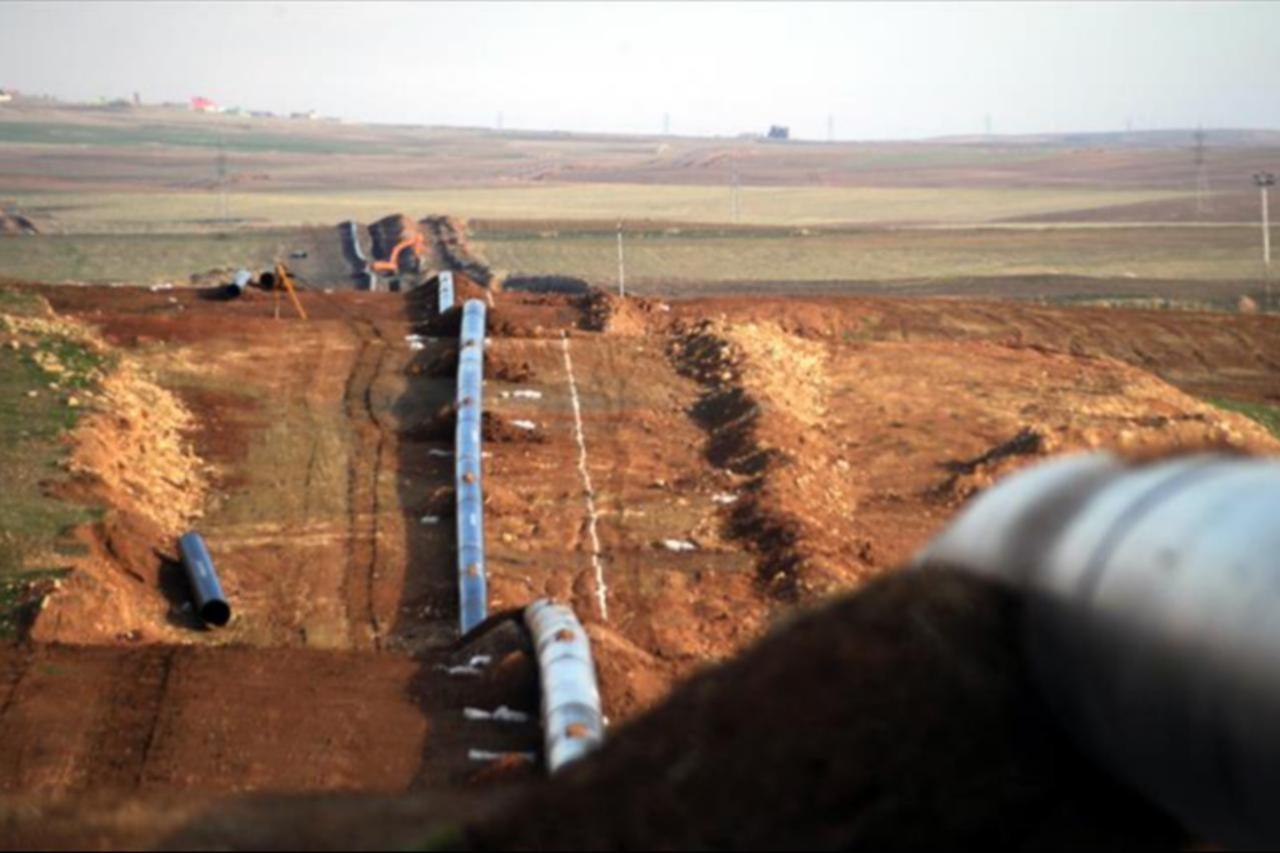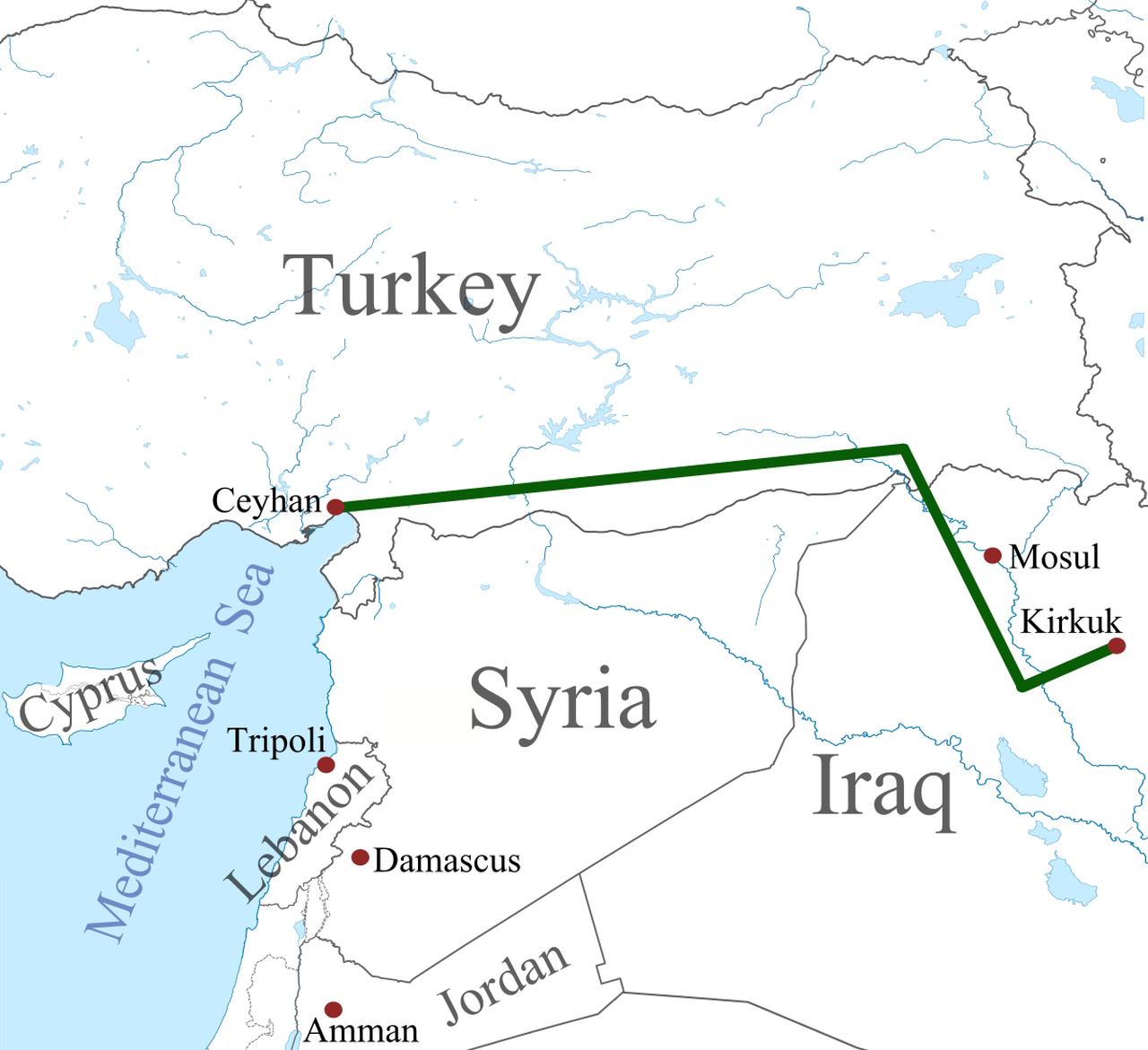
Crude oil exports from northern Iraq will resume within 48 hours under an agreement signed between regional authorities, oil producers, the Iraqi Ministry of Oil, and the state-owned Iraqi National Oil Company (SOMO), Kurdistan Regional Government (KRG) Prime Minister Masrour Barzani said on Thursday.
In his post on X, Barzani said the deal would reconnect the region’s oil wells to international markets after a lengthy suspension, congratulated all parties, and described the agreement as a step toward securing the region’s constitutional financial rights.
The KRG has long sought to independently export oil from fields under its control, arguing that the Iraqi constitution allows the region to manage its own natural resources. Baghdad, however, has maintained that all oil sales must be conducted through the federal Ministry of Oil. The dispute has triggered years of tension over revenue-sharing and payments to international oil companies.
"On this historic day, a major obstacle to ensuring the financial rights of the region’s people has been removed," Barzani said. He stressed that the restart of oil sales underscores the region’s constitutional entitlements and reiterated the government’s commitment to protecting those rights.
The KRG Ministry of Natural Resources said that both domestic and international companies have already signed the necessary contracts, with the final step dependent on the federal government’s implementation of the decision.

The United States welcomed the agreement to reopen the Iraq–Türkiye pipeline, which it said would bring tangible benefits for both Americans and Iraqis.
In a statement, U.S. Secretary Marco Rubio praised the efforts of Iraqi Prime Minister Mohammed Shia al-Sudani, KRG Prime Minister Masrour Barzani, and senior officials from both governments for making the progress possible.
The statement noted that the deal would strengthen the economic partnership between the United States and Iraq, encourage a more stable investment environment for U.S. companies, enhance regional energy security, and reinforce Iraq’s sovereignty.
Iraq’s Prime Minister Mohammed Shia al-Sudani confirmed that oil from fields in the northern region will now be managed by the federal Ministry of Oil and exported through the Iraq–Türkiye pipeline. The pipeline, which runs from northern Iraq to the Turkish port of Ceyhan on the Mediterranean, remains the main export route for the region’s crude.
The Kirkuk–Ceyhan pipeline, shut down in March 2023 after an arbitration ruling against Türkiye, is restarting after nearly two years. Before the halt, it carried about 500,000 barrels per day, though its capacity is 1.5 million. In July 2025, Türkiye also declared it would end its decades-old pipeline agreement with Iraq by 2026, citing the need for a new framework that reduces legal disputes and makes fuller use of the system.